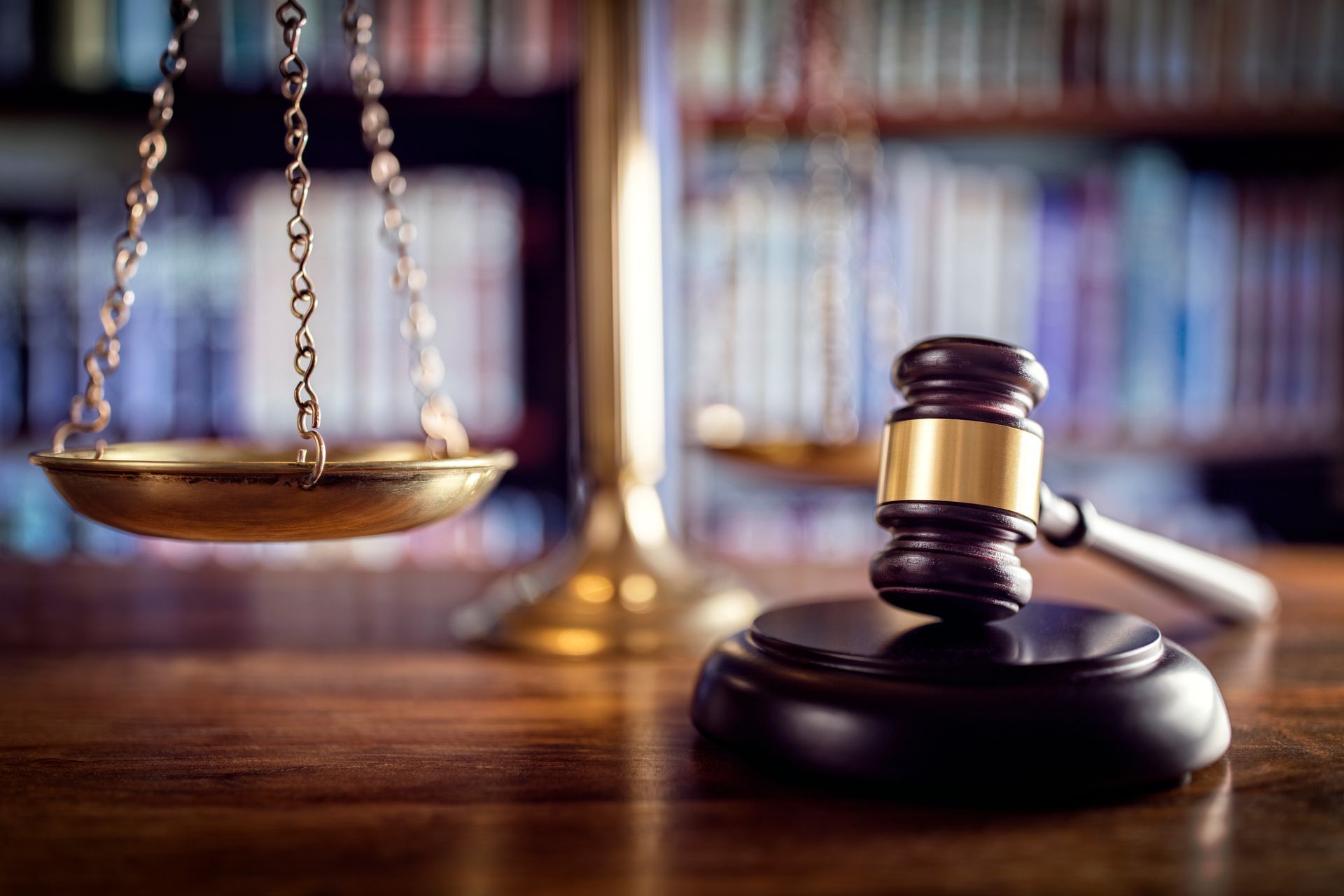Bail vs. Bond: What You Should Know After Being Arrested in Yonkers, NY
During almost every TV crime drama, there is an arraignment scene where bail is set. While fictional courtrooms provide an idea of what occurs, in the real world, it is important to understand the arraignment process and the terms used during it.
In Yonkers, N.Y., located in southern Westchester County, most people arrested on misdemeanor charges or nonviolent felony charges will receive a desk appearance ticket with a date to appear in court for arraignment. Those accused of more serious, violent felonies will be held in jail until a bail hearing or arraignment, typically 24-48 hours after the arrest. It is advisable for anyone who’s been arrested to be represented throughout the legal process by an attorney – one that is privately hired or a public defender provided to at no cost.
In July 2020, new rules about bail took effect in New York State. These bail reforms are intended to give judges more situations in which they can offer cash bail (thus reducing the number of people in jail while awaiting court dates) and more discretion in setting bail amounts and determining pretrial release.
The Basics of Bail and Bond
According to BetterBail, in New York, about 70% of felony criminal defendants are released on recognizance; 29% are released on bail or bond; and 1% are remanded, or remain in jail, throughout the judicial process. Both bail and bond permit a defendant to be released from jail during the legal process and establish a financial stake to return for court appearances, but through different processes.
The amount of bail or bond is based on numerous variables (such as prior arrests, seriousness of the crime and potential to be a flight risk) and usually follows a schedule by type of crime. Bail/bond can also be granted with several conditions attached, such as wearing an electronic monitoring device and surrendering a passport.
- Bail is be paid by the defendant, a friend or a family member (at the Westchester County Jail, payment can be made with cash, credit card or over the phone). Paying the full amount of bail is sometimes called a cash bond. When defendants do not appear in court as scheduled, warrants can be issued for their arrest, and bail can be revoked.
- Bond is paid through a third-party, nonprofit company. Bail bonds are an option when the defendant cannot pay the full amount of bail. Instead, the defendant pays a bail bond company 10% or 20% of the bail (e.g., $1,000 for $10,000 bail), and in return, the company posts bail and signs a surety bond that promises the defendant will appear in court. If the defendant makes all scheduled court appearances, the bond company keeps the 10% or 20% fee.
- Property bond – Property can be used as bail if its value is at least twice the bail amount. If the defendant does not appear in court, the court takes possession of the property.
- Immigration bond – Some companies specialize in issuing surety bonds to people who are arrested by U.S. Immigration and Customs Enforcement (ICE).
You Need an Advocate When Bail Is Being Set
There are many variables when it comes to setting bail and bond, and your attorney can be a valuable advocate during pretrial hearings and arraignments. It is important to hire a Yonkers criminal defense attorney, like those at Sayegh & Sayegh, who have expertise in the New York criminal system and understand the new state bail laws. Contact us online to discuss your case with a Sayegh & Sayegh attorney today.


Schedule a Case Evaluation
Contact us now!
Homepage FCE Form
We will get back to you as soon as possible.
Please try again later.
By submitting this form, you agree to be contacted by our law firm, either by phone, text or by email.
Practice Areas
Hours
- Mon - Fri
- -
- Sat - Sun
- Appointment Only
Disclaimer: The information on this website is for general information purposes only. Nothing on this site should be taken as legal advice for any individual case or situation. This information is not intended to create, and receipt or viewing does not constitute an attorney-client relationship.
© Copyright 2023 | All Rights Reserved | Sayegh & Sayegh, P.C. | Powered By Convert It Marketing | Privacy Policy







